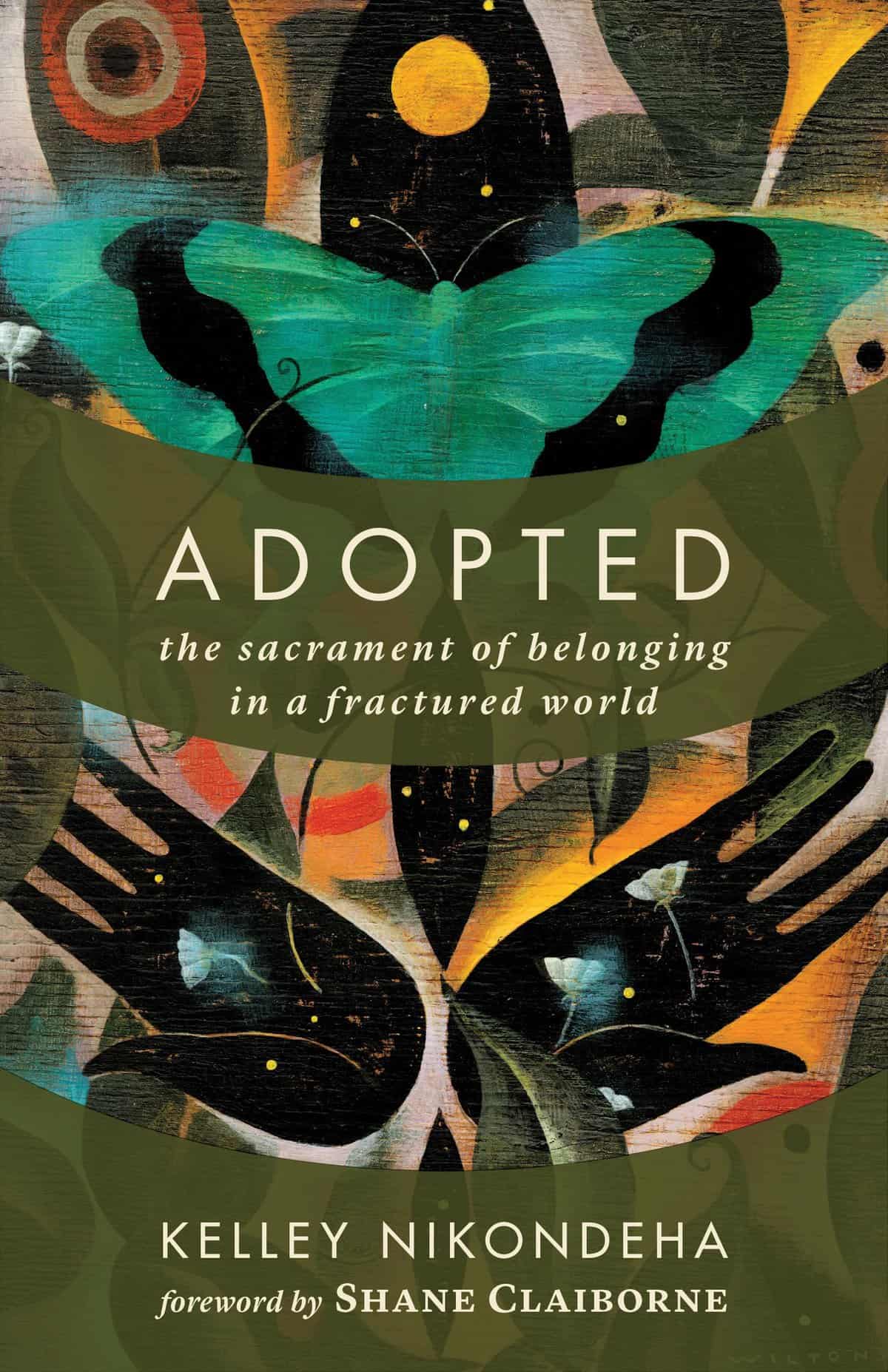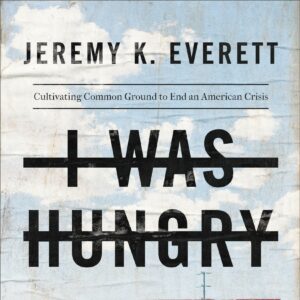
As parents of children once orphaned by disease and poverty, my husband Claude and I are familiar with the kind of injustice that creates vulnerable children. Our commitment to shalom for communities led us to engage both in the holy work of adoption, and in community development work in Burundi so that these families would never be tempted or tricked into relinquishing their children.
Enriching these communities with agriculture, clean water, good schools, health clinics, access to loans, and better housing has become our way of incarnating the biblical concept of Jubilee for the sake of these families. For us, working to prevent the conditions that necessitate adoption is also shalom-shaped work. When a family can stay intact, then shalom is served, and justice is winning the day.
Others share this call for pre-emptive justice. My friends Troy and Tara Livesay operate a maternity clinic and midwifery program in Haiti so that mothers can keep their children and not be forced to relinquish them unnecessarily. They also offer parenting classes and maintain a literacy program for the mothers so they can provide stability for their families in years to come.
Another friend of mine is taking his place as a watchdog regarding adoption ethics. Seth partners with colleagues in Ethiopia to support ethical adoptions and, as a lawyer, extends ad-hoc advice to American couples who want to steer clear of exploiting poor families unintentionally. Doing this kind of work or funding it are other ways to strengthen vulnerable families. Adoption is a holy means of establishing belonging after relinquishment; but holy is the work that strengthens families before relinquishment is necessary.
When we safeguard the rights of these families, advocate for better policies on their behalf, and partner with them to find solutions, we’re participating in the work of shalom. This kind of engagement bears witness to our family values, the ones rooted in the biblical text. This kind of engagement becomes a sort of adoption itself.
Adoption is a way of life, a way of making belonging visible.
Adoption is how we tend to orphans, but it is sourced in shalom. Indeed, adoption can be a tangible sign of shalom in our imperfect world. I know this firsthand because adoption grafted me into a family tree. Adoption kept me out of the foster care system. And adoption was the invitation my husband and I received when we met our two children: to enfold them into a family and community so they wouldn’t end up on the dusty streets of Bujumbura.
Adoption is a modern structure of shalom that is able to repair some of the torn places in our world. And it’s one of many ways to move toward tikkun olam and the New City.
Adoption stretches beyond parents and children. It’s how we embody family, welcoming others into relationships that give them a place to be accepted and safe. It’s how we cultivate belonging in our neighborhoods, churches, and communities. Each adoptive gesture contributes to the repair of those torn places in our world.
The current political challenges in Burundi force families to make hard choices about their safety. Our long-time friend Emery had to send his family out of the country to ensure that they would not be harassed or harmed. Without his wife and kids, he turned to Claude and asked if he could live with us in the interim. We had a spare room and, more important, a willingness to include him in our family. Now he comes and goes as easily as any of us do through the hallways of the house. He watches soccer matches with my son and knows what kind of muffins my kids like to snack on. He brings me cases of sparkling water and runs household errands without complaint. He looks out for us, and we keep up with him. Until his family can be reunited, we’re glad to be together. We are family; we’ve adopted each other.
Adoption is a way of life, a way of making belonging visible. We miss the potency of adoption when we limit it to a legal mechanism to make children part of a family. Adoption is so much more—a deep and multifaceted way we incarnate shalom in our community. We enfold one another into our family in tangible ways by welcoming, reciprocating care, and redeeming the broken places as we care for one another. And the beauty is that we can cross all manner of boundaries to be family. We’re not limited by bloodlines or ethnicity or even nationality. Anyone can be our family if we let them.
In the days of the biblical prophets, after the demise of their beloved city, the Jews returned to their land to rebuild Jerusalem and reimagine their future after over a generation in exile. Many different voices joined in the conversation about the urban reconstruction project. Nehemiah and Ezra had their plans for revitalization, which included repair of the outer wall of the city, teaching Torah so Jews could worship once again, and reclaiming ethnic purity by ceasing all intermarriage with foreigners. Only one prophet—Isaiah—stood apart. His vision for the New City was different—a vision of inclusion, justice, and neighborliness. Belonging mends our world. For Isaiah, membership in the New City was to be inclusive—even eunuchs and foreigners could join in if they kept Sabbath and covenant.
Adoption is a sacrament of resistance.
At the time, this was like saying that traitors and enemies were welcome—but the prophet dreamed a daring, holy dream about the kind of city God wanted. In this city, the prophet affirmed, everyone would be allowed to worship, and the new temple would be a house of prayer for all people. And Isaiah further declared that Jubilee economics would ensure equity for all. The dream was to have an economy calibrated to support every family so that all could thrive in the city God designed. In this New City, everyone could imagine a full life.
Wherever you came from, whatever your economic class, as long as you honored God and were a good neighbor, you could call this place your home. And the prophet went even further—you will all be kin, he said, one seamless family. It takes your breath away, the expansiveness of this vision, or it scares you a bit. But the writing of Isaiah is one sweeping poem that is part of our canon, part of the biblical conversation about how to make Israel great again. Some thought greatness could be achieved by purity and exclusionary policies, but Isaiah wagered on inclusivity and welcome.
Adoption is a sacrament of resistance, pushing back against xenophobia, estrangement, loneliness, and the invisibility of the vulnerable. Every instance of belonging says no to orphanhood, no to fending for yourself, no to scarce resources, no to relinquishment having the last word. And every time we adopt, in the largest sense of the word, we resist exclusion and engage in the repair work that restores neighborhoods and rebuilds cities. Adoption builds the New City. Belonging mends the world.
Kelley Nikondeha is codirector and chief storyteller for Communities of Hope, a community development enterprise in Burundi, and cofounder of Amahoro Africa, a conversation between theologians and practitioners. She and her husband Claude, along with their children Justin and Emma, split their time between Burundi and the US. Excerpted from Adopted: The Sacrament of Belonging in a Fractured World by Kelley Nikondeha (Eerdmans, 2017). Used with permission.


